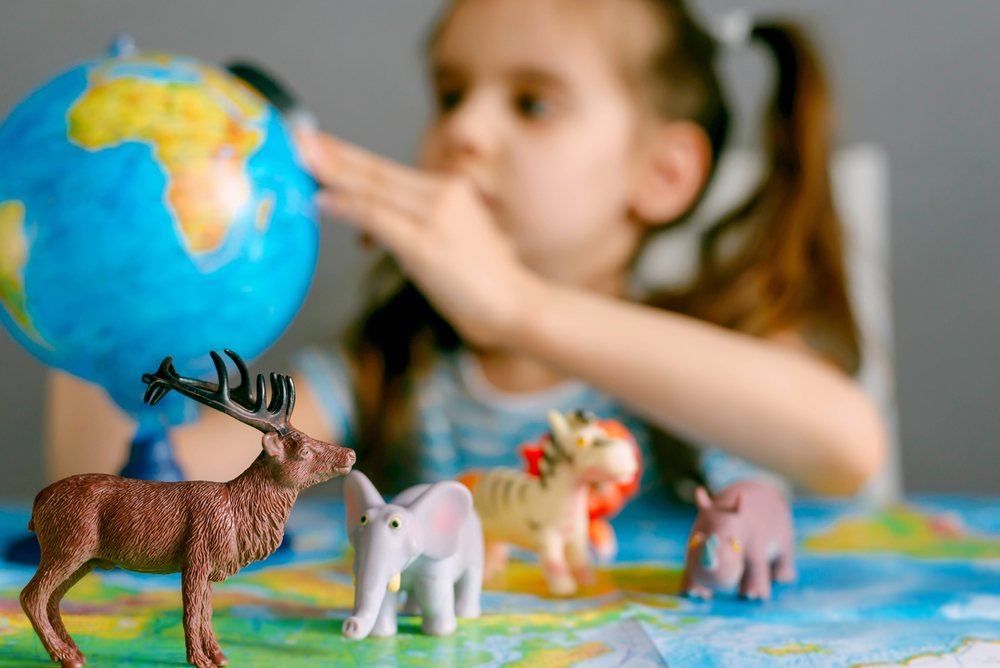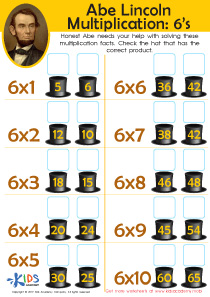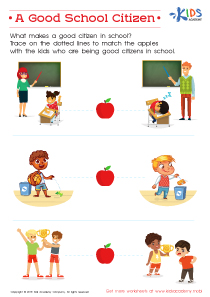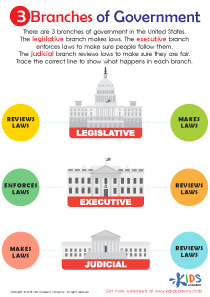Vocabulary expansion Geography Worksheets for Ages 3-6
4 filtered results
Difficulty Level
Grade
Age
-
From - To
Subject
Activity
Standards
Favorites
With answer key
Interactive
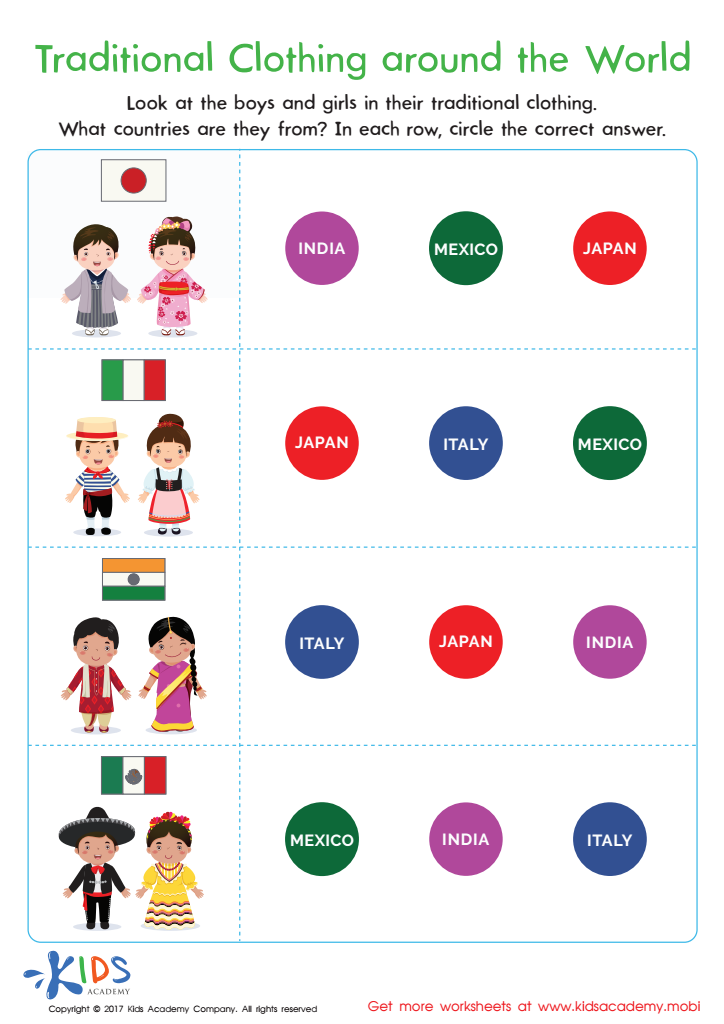

Traditional Clothing Worksheet
Introduce your child to cultures around the world with this illustrated traditional clothing printable worksheet! It will help them to recognize clothing, national flags and cultures from different countries, fostering an appreciation and love for all. It's a joyful way to learn and recognize the differences of people from around the world!
Traditional Clothing Worksheet
Worksheet
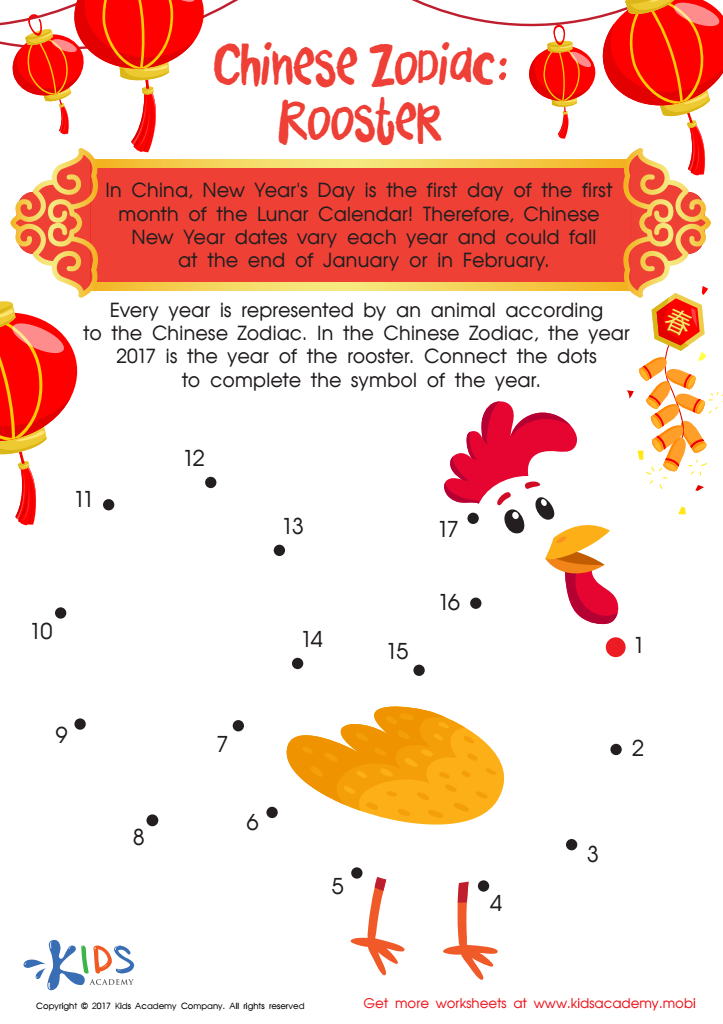

Chinese Zodiac Printable
Connect the dots to reveal a rooster and learn more about the Year of the Rooster. Perfect for preschoolers and kids of all ages.
Experience Chinese culture with this fun and interactive dot to dot printable! Connect the dots to discover a rooster, symbolizing the Year of the Rooster. Perfect for preschoolers and kids of all ages, this worksheet is a great way to explore new cultures and foster a spirit of diversity.
Chinese Zodiac Printable
Worksheet
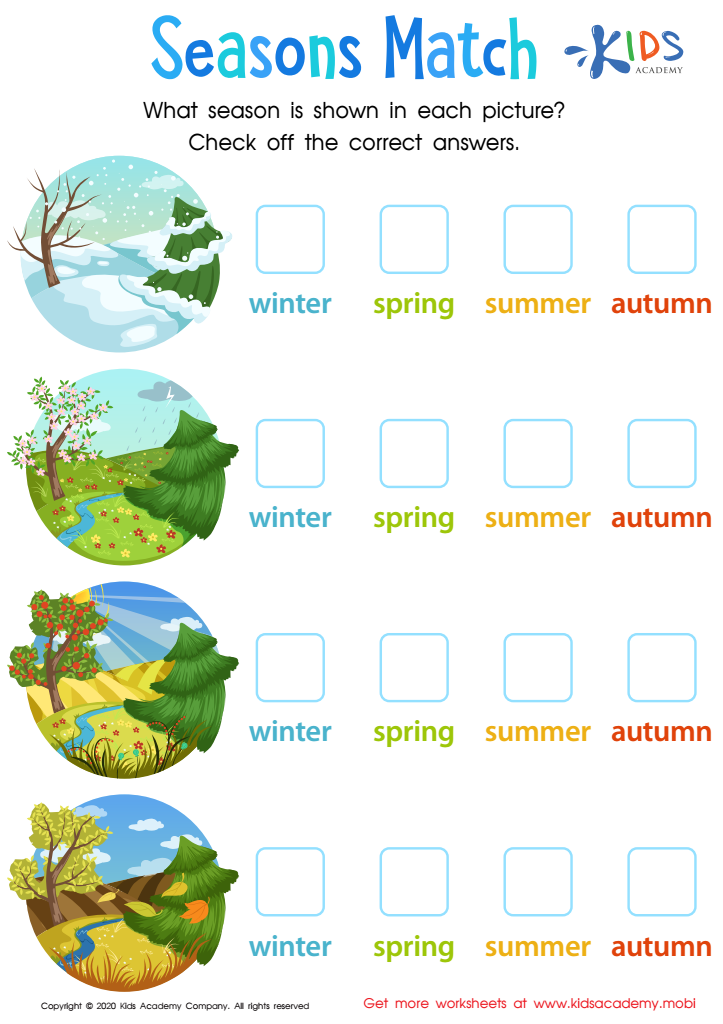

Seasons Match Worksheet
Preschoolers should begin learning about seasons and weather early. Most can tell what season it is by upcoming holidays or school activities. Test their knowledge with a printable PDF worksheet. It asks them to match each image with its corresponding season!
Seasons Match Worksheet
Worksheet
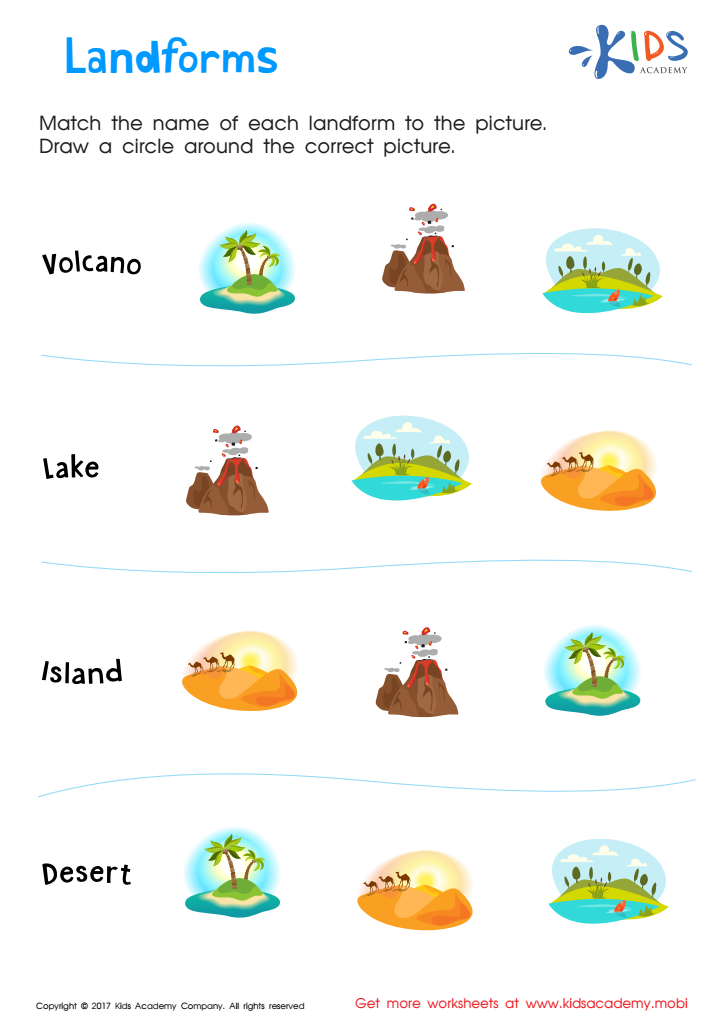

Landforms Printable
Guide them with this worksheet and unlock the door to exploration. Introduce your child to different landforms with this printable worksheet to help them understand different terrain. It encourages critical thinking and knowledge application so they can form an appreciation for the world. Open the door to exploration today!
Landforms Printable
Worksheet
 Assign to the classroom
Assign to the classroom
